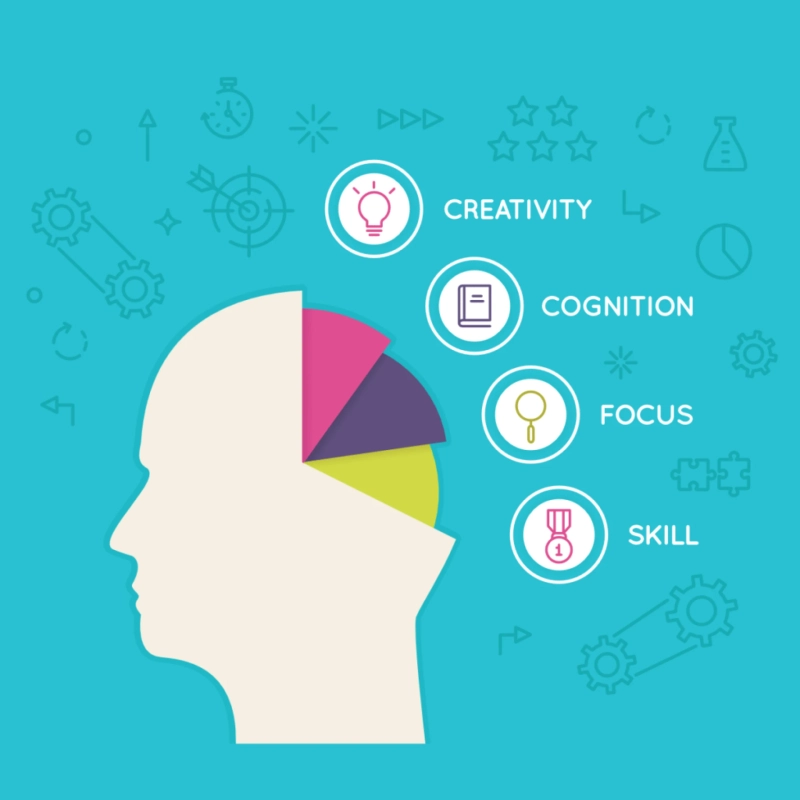Exploring the Depths of Understanding: The Role of Psychometric Assessments
In a world brimming with complexity, understanding the nuances of human behavior, personality traits, and cognitive capabilities has become a vital pursuit. Enter psychometric assessments ...



